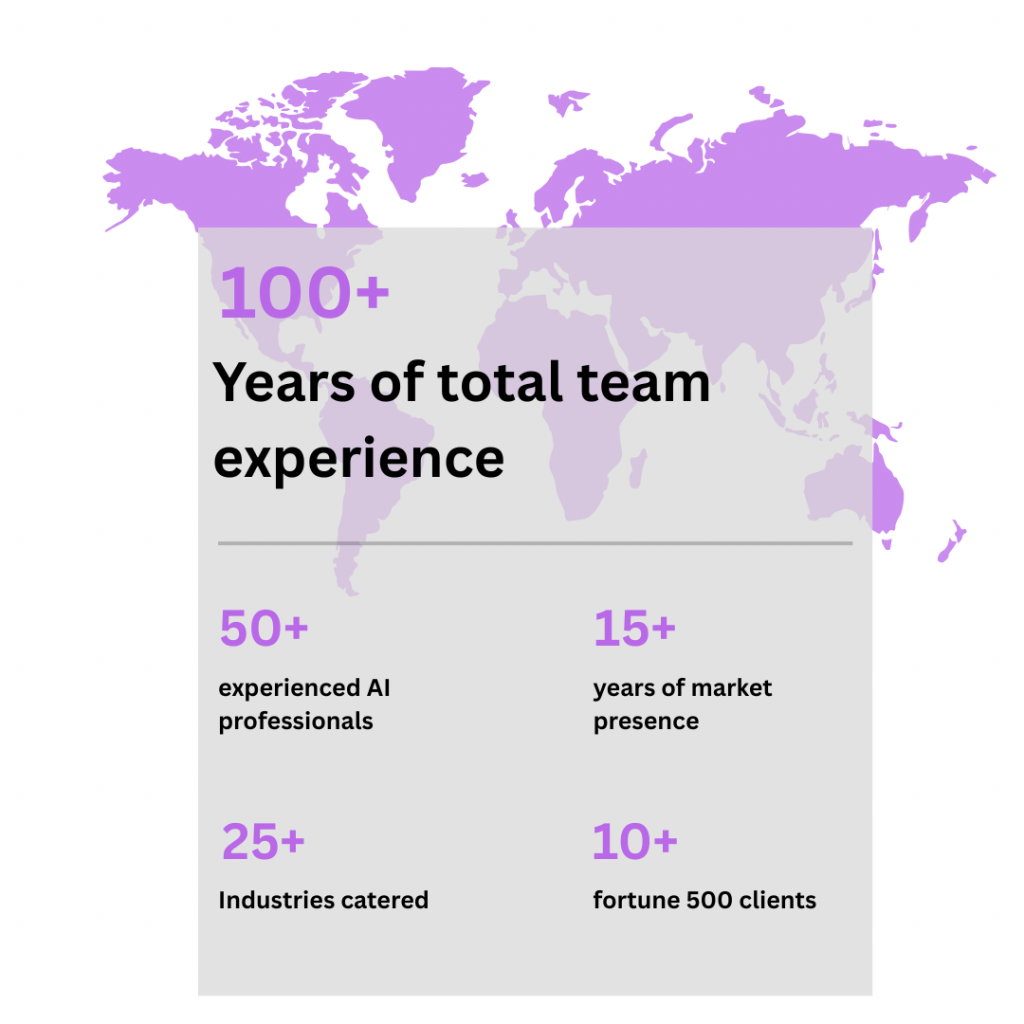AI Ethics & Data Management
Ready to Get Started?
Let’s build something extraordinary. Whether you’re looking to enhance your current tech or create something new from the ground up, SensiwiseAI is your partner in intelligent innovation.

AI Ethics
Building Trustworthy and Responsible AI with SensiwiseAI.
Artificial Intelligence (AI) and advanced analytics offer immense potential to accelerate efficiency, drive innovation, and address global challenges. From improving productivity and transforming labourlabor markets to tackling issues like climate change and equitable access to healthcare, AI can be a powerful force for good.
But with this power comes responsibility.
At SensiwiseAI, we believe that ethical AI is not just a feature—it’s a foundation. We are committed to building transparent, secure, and human-centered AI systems that create long-term value while ensuring fairness, safety, and inclusivity.
Our Principles of Ethical AI
1. Responsible and Value-Driven
We design AI systems that align with core human values and societal well-being. Our development and deployment strategies focus on generating positive impact, promoting trust, and holding stakeholders accountable to shared ethical standards.
2. Human-Centric by Design
AI should empower, not replace. We build systems that augment human capabilities, prioritize accessibility, and enhance everyday experiences. Our human-centered approach ensures technology uplifts individuals and fosters meaningful collaboration between people and machines.
3. Safe and Secure
Security and data privacy are non-negotiable. We implement robust safeguards to prevent misuse, protect user data, and uphold digital trust. This includes secure algorithm design, regular safety audits, and clear compliance standards to mitigate potential harm.
4. Transparent and Explainable
We believe that users deserve to understand how AI makes decisions. SensiwiseAI develops interpretable AI models that demystify complex logic and empower users with insights, enabling better, more confident decision-making.
5. Fair and Inclusive
AI must serve everyone—equally. We train our models on diverse, representative datasets and continuously monitor for bias. Our inclusive development practices ensure equitable outcomes across geographies, cultures, and communities.
6. Solving Global Challenges
From climate change and poverty to public health and education, AI can be a catalyst for sustainable progress. We build AI solutions that directly contribute to solving humanity’s most pressing issues and improving the overall quality of life.
Why SensiwiseAI?
Let’s build a future where AI empowers all.
Frequently Asked Questions
FAQs on AI Ethics
- Equity & Diversity: We develop unbiased systems by carefully curating training data and testing for fairness across demographics.
- Transparency: We design explainable AI so users can understand and trust automated decisions.
- Accountability: We clearly define responsibilities—whether it’s developers, companies, or regulators—ensuring consequences for misuse or harm.
- Data Protection: We strictly follow data consent, privacy, and security guidelines, safeguarding sensitive information at every step.
- Reliability & Safety: Our AI systems are stress-tested to perform safely under various conditions, especially in critical sectors like healthcare and transportation.
- Social Impact: We design with purpose—ensuring AI benefits society, protects the environment, and fosters inclusive economic growth.
- Bias and Discrimination: AI can unintentionally replicate human bias, leading to unfair decisions in hiring, policing, lending, and more.
- Privacy and Surveillance: AI often relies on large-scale data collection, which raises concerns about misuse and invasion of privacy.
- Job Displacement: Automation powered by AI can lead to job losses and income inequality, especially in repetitive task-driven industries.
Ethical AI is a shared responsibility across stakeholders:
- Tech Developers: Must design fair, secure, and interpretable AI systems.
- Governments: Must create policies that regulate the use of AI and protect citizen rights.
- Organizations: Should use AI responsibly, ensuring it benefits customers, employees, and communities.
- Public and Users: Should demand transparency and question unethical AI practices.
Complete ethical perfection in AI is unlikely. AI systems learn from human data—and since human behavior contains bias, so can AI. Moreover, ethical standards vary across cultures, making it difficult to create universally “moral” systems. However, through strong governance, continuous improvement, and diverse collaboration, we can minimize harm and maximize benefit.
AI ethics provides a framework to ensure AI-powered decisions are:
- Fair and unbiased
- Understandable and accountable
- Respectful of human dignity and rights
Especially in critical areas—like healthcare, finance, and criminal justice—ethics ensures decisions aren’t just efficient but morally sound.
Do you have any questions?
Talk to us. We’d be pleased to demonstrate how AI can transform your business.